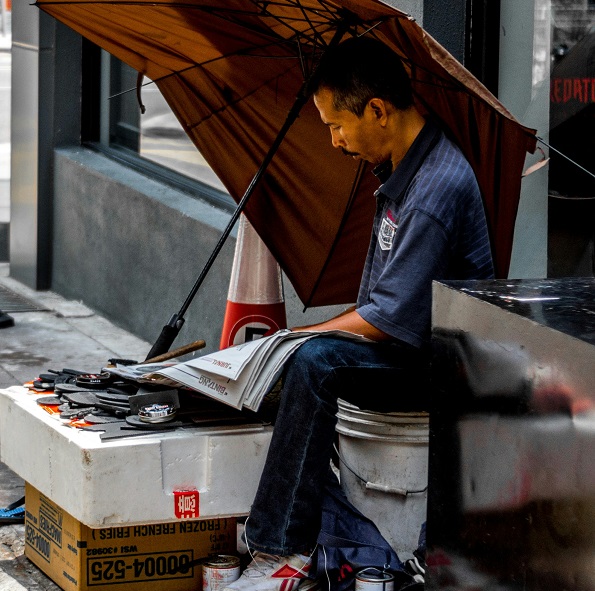The poverty the government doesn't want to see
Prime Minister Anwar Ibrahim wants to eradicate extreme poverty in the capital. But the poverty threshold is set very low. The ringgit’s decline has made matters worse. Charities, healthcare entities, and government agencies agree that economic conditions are getting worse for households.
Kuala Lumpur (AsiaNews) – Malaysia, Southeast Asia's sixth-largest economy and a potential economic "tiger", is struggling to recognise and handle its poor at a time when the government is cutting back on food and fuel subsidies and the country’s currency, the ringgit, is dropping in value.
After the pandemic experience and the November 2022 elections, the government is seeking economic and political stability in a region characterised by strong tensions.
Meanwhile, hidden poverty has become a major issue in Malaysian society, especially after Prime Minister Anwar Ibrahim claimed recently that extreme poverty had disappeared from the capital, Kuala Lumpur, as well as the states of Melaka and Negeri Sembilan.
Speaking on 15 February at the Associated Chinese Chambers of Commerce and Industry of Malaysia on the occasion of Lunar New Year celebrations, Anwar highlighted the government's success in coping with social problems.
Significantly, he emphasised that its commitment to ending poverty, which is set to continue, concerns all ethnic groups in the country, a clear recognition of the constant pressure of minorities on political leaders to end the privileged status of Malay Muslims, who represent 70 per cent of Malaysia’s 34 million people if groups ethnically close to the Malays are included.
A year ago, the economy minister told parliament that the poverty line stood at 2,208 ringgit (US$ 466) and less, adequate perhaps in rural areas, but not in Malaysia's major urban centres.
The real economic situation of the population has worsened in the last decade based on data from charities, health entities, and government agencies.
Almost ignored by official statistics, poverty remains a constant in Malaysian society, evinced by the impossibility for many to meet extra expenses above mere survival.
A death in the family, a health emergency, or the need to buy extra rice are but some of the situations that often entail emergency spending and need for help from non-governmental sources.
The very poor can benefit from government welfare programmes, like low-rent social housing, but they still live very near subsistence levels.
However optimistic its spin on the future, the government itself reported only a few months ago at least 114,000 hardcore poor households in the country.
Some note that defining poverty based solely on income does not provide the whole picture (especially since the minimum monthly salary in 2022 stood at 1,500 ringgit); for many analysts, other factors should be considered, like access to health and education, not to mention actual living conditions.
12/01/2009
22/03/2024 16:27







.png)










